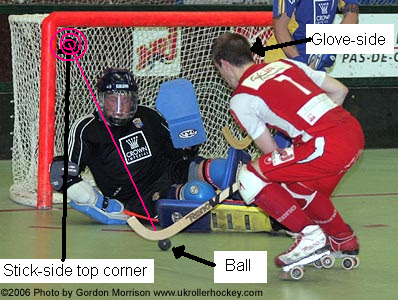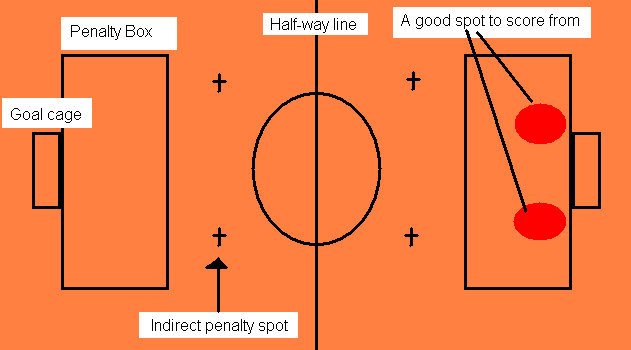Right. I’ve been meaning to put some thoughts into writing for a few weeks. Doing so now was prompted by a possibly throw away line in the Q&A at the Moore College School of Theology as collated by my friend Kutz. I wasn’t there. But this line resonates with a position I’ve been trying to articulate lately (the line is from Peter Bolt):
“Manipulation can be positive. If you’re doing it to align people to the word of God then it’s a good thing.”
Manipulation and persuasion are essentially seeking to do the same thing – move a person from point a to point b. So what’s the difference? I’ve settled on this distinction…
Persuasion is the transparent act where two parties enter a dialogue with one hoping to move the other from point a to point b.
Manipulation is less transparent and involves one party trying to shift another party from point a to point b, probably without their knowledge.
I’ve settled on this because in my experience if you catch somebody trying to shift your position when they haven’t told you that’s what they’re doing you feel annoyed and accuse them of “manipulating” you, where manipulating is a pejorative. There are heaps of ways to manipulate, and most of them fall outside the classical tools of persuasion – pathos (emotions), logos (facts and words), and ethos (how you act/live). Tools of manipulation tend to involve tugging really hard on one of those threads, where persuasion is a more subtle movement, kind of like a puppeteer with a marionette.
I reckon manipulation is fine. I know we hate it. But it’s a great art, until you get caught. Like pickpocketing, not Oliver Twist style, but like the TV guy who takes your watch while you’re talking to you and then gives it to you later. Manipulation, honest manipulation, probably involves pointing out what you’ve achieved to the person after the fact, so they recognise they’ve moved from point a to point b, but during the process your mark should be a bit like the proverbial frog in a gradually heating pot of water…
This all came up, for me, when I was told I needed to engage a little more with the emotions when I preach (because I’m a pretty rational/stoic type of thinker). So the summaries of the Moore College Lectures on Kutz’s blog have been interesting. I react against this suggestion, not because I think tugging on the emotions is “manipulation” as though that’s a bad thing, but because I think I’m more likely to get caught out if I’m doing something that isn’t within my normal character. I’m all for subtle chord changes, a little bit of emotive muzak in a movie, and all the other little “manipulative” tools – I’m also for putting a bit of emotion into a sermon, like a tear jerking illustration, I’m just against doing it in a way that means I’m likely to get caught.
Persuasion is pretty safe ground, but doing both is potentially more effective, I’m just not sure what that looks like. Most people in the pews are there hoping to be persuaded (or taught), so there’s implied consent there for being “manipulated,” providing your end point is something you’ve implicitly agreed to (essentially the ends identified by Peter Bolt in his quote). It’s a little murkier when it comes to PR and marketing, but manipulation is where the fun is. It’s making ads that are more than just a boring presentation of a product, it’s also harder to do thanks to the Gruen Transfer and market awareness about the tools advertisers employ. Anyway. Those are my thoughts. What are yours?


